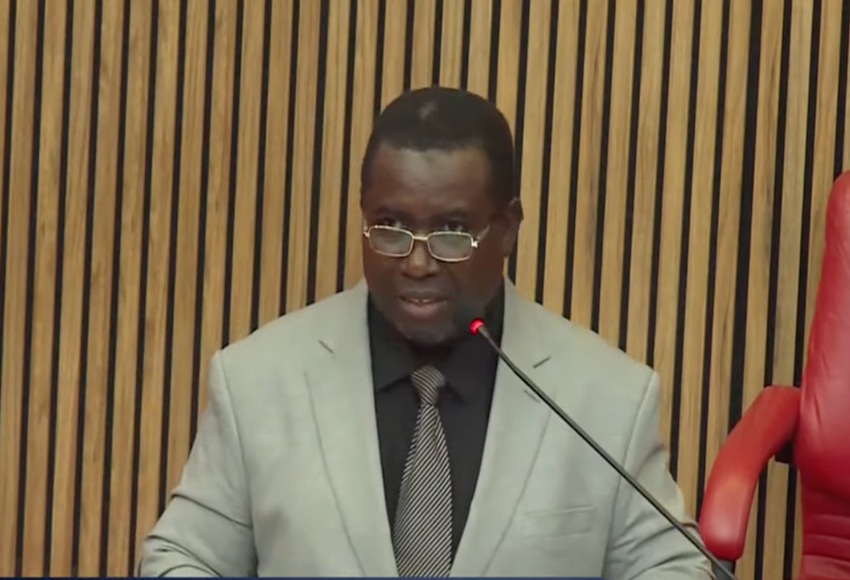A new proposal to legalise assisted dying in England and Wales is introduced in the UK parliament on Wednesday, sparking concern from senior church leaders and opponents about the implications of allowing the terminally ill to die on their own terms.
Lawmakers in the House of Commons will get a free vote on Labour MP Kim Leadbeater’s Terminally Ill Adults (End of Life) Bill, allowing them to vote with their conscience rather than along party political lines.
Details have not yet been published but The Times said that if passed, a patient’s wish to die is likely to need sign-off from a judge and two doctors, and would be limited to those with six to 12 months to live.
Supporters of the bill and opponents were due to make their voices heard outside parliament, where an assisted dying bill was last debated — and defeated — in the Commons in 2015.
Currently, assisted suicide is banned in England, Wales and Northern Ireland, with a maximum prison sentence of 14 years.
In Scotland, which has a separate legal system and devolved powers to set its own health policy, it is not a specific criminal offence. But it can leave a person open to other charges, including murder.
Leadbeater told The Times that her bill reflected a shift in public opinion towards assisted dying, which has been legalised to varying degrees in a number of European countries.
“I am very clear the law needs to change, having met those families who have horrendous stories of suicide of loved ones, horrible painful deaths or going to other countries,” she was quoted as saying.
“People deserve a choice and they’ve not got that,” she added, promising “safeguards and protections” at the heart of the bill.
The debate has been given impetus by a campaign led by the former BBC television presenter Esther Rantzen, who has terminal cancer.
– ‘Dangerous’
Opponents of the proposed legislation include some disability rights groups and the UK’s highest-ranking Roman Catholic cleric, Cardinal Vincent Nichols, who has urged followers to write to MPs to oppose the change.
On Tuesday night, the leader of the world’s Anglican communion, Archbishop of Canterbury Justin Welby, called the proposal a “dangerous… slippery slope” towards it being used by those who are not terminally ill.
Welby will get a vote on the matter as he is one of the 26 “lords spiritual”, senior Church of England clerics who sit in the upper chamber House of Lords.
Alistair Thompson, from anti-euthanasia group Care Not Killing, also said changing the law could see the country follow Belgium and the Netherlands, which have both extended assisted dying to minors.
“We know that introducing an assisted suicidal euthanasia bill would put a lot of people under pressure to end their lives prematurely,” he told AFP.
MPs are expected to debate and vote on Leadbeater’s bill on November 29, with the outcome difficult to predict given she has introduced it as a private member’s bill and not as part of the government’s legislative agenda.
A bill to make assisted dying legal in Scotland was introduced in the Scottish Parliament in Edinburgh earlier this year.
The Isle of Man and Jersey — self-governing British Crown Dependencies which are not part of the UK — are also moving towards passing laws to give terminally ill people the right to die.
Belgium, along with the Netherlands, in 2002 became the first EU countries to allow euthanasia.
Spain in 2021 authorised euthanasia and medically assisted suicide for people with a serious and incurable illness, followed by Portugal in 2023.
AFP
Advertisement






